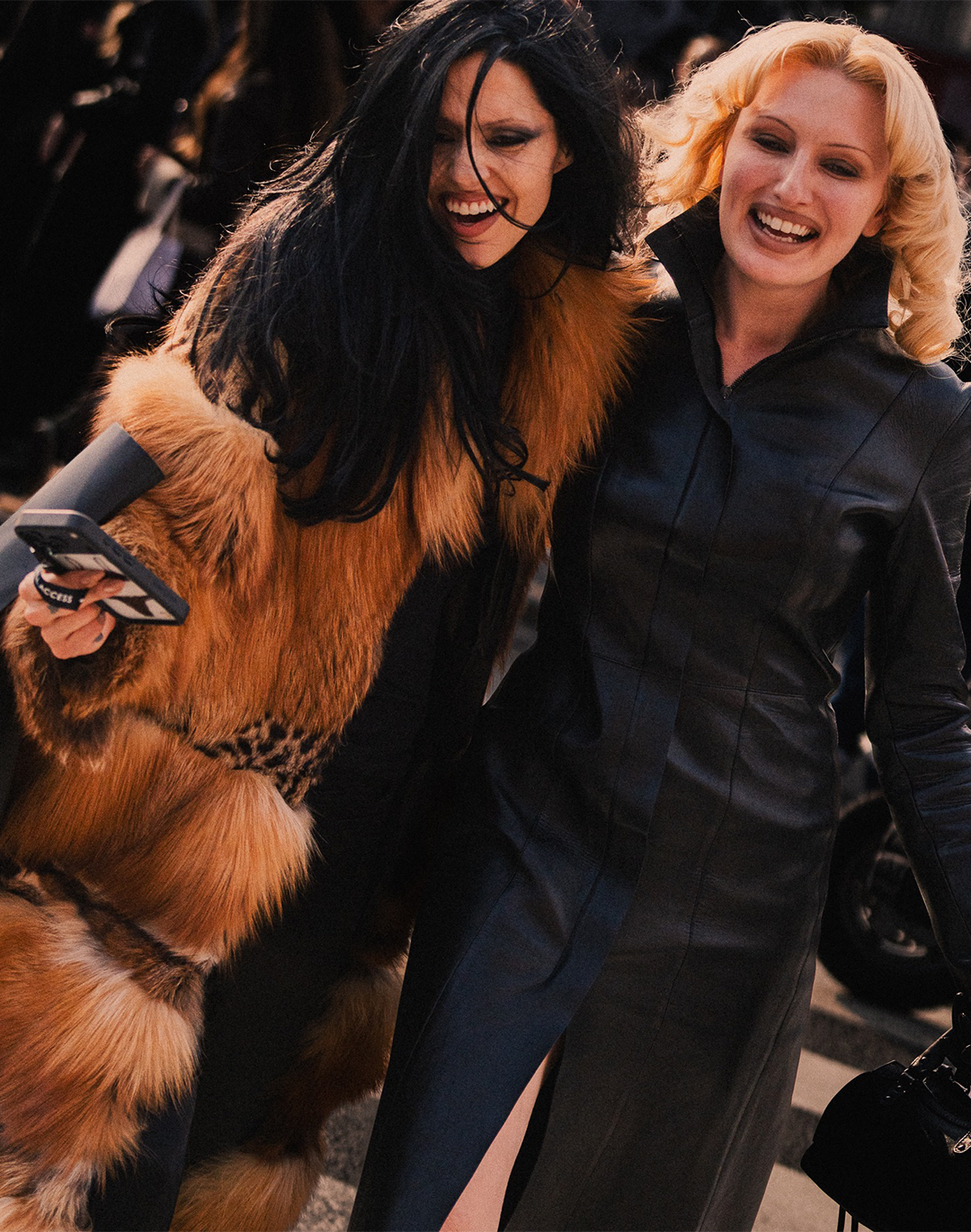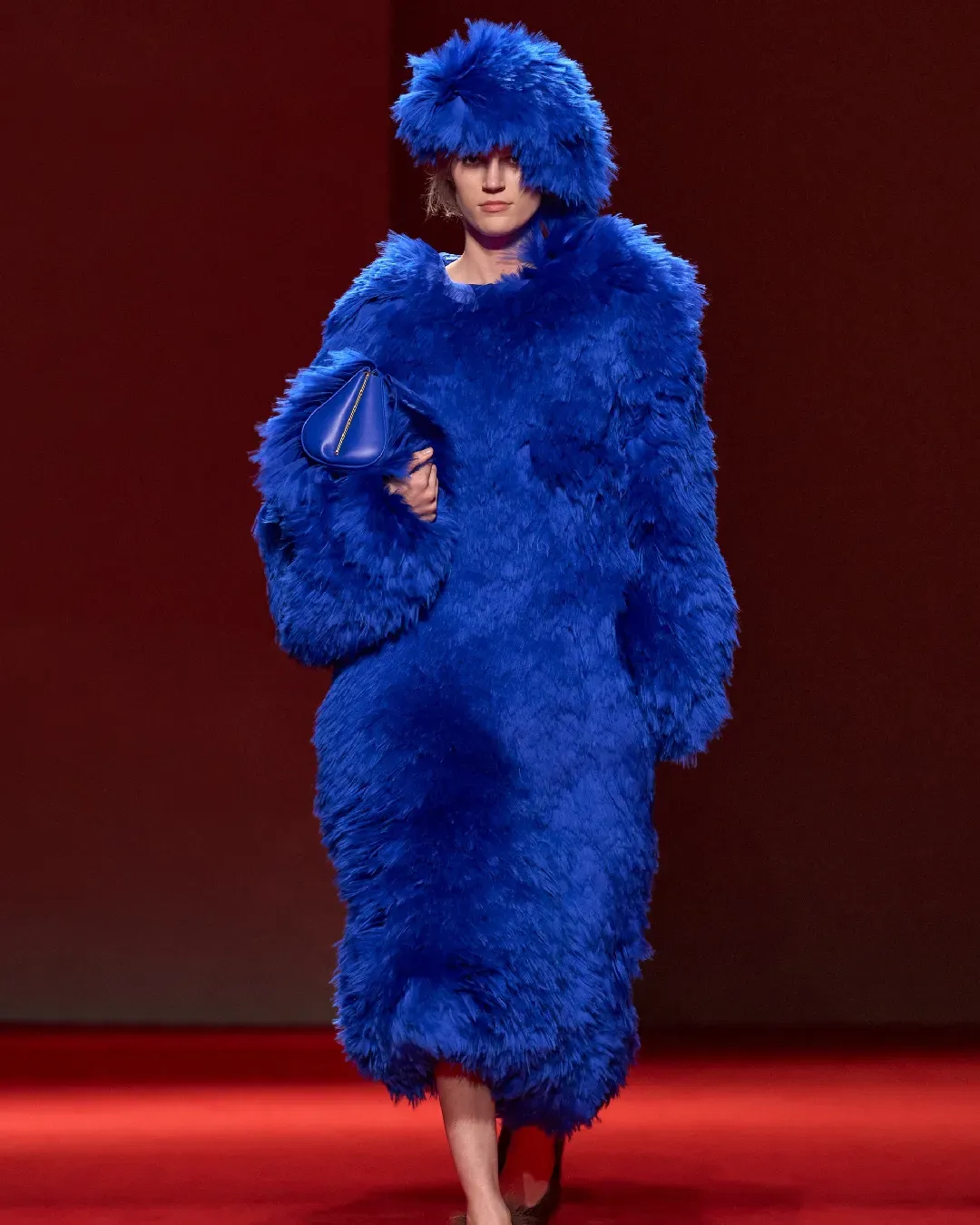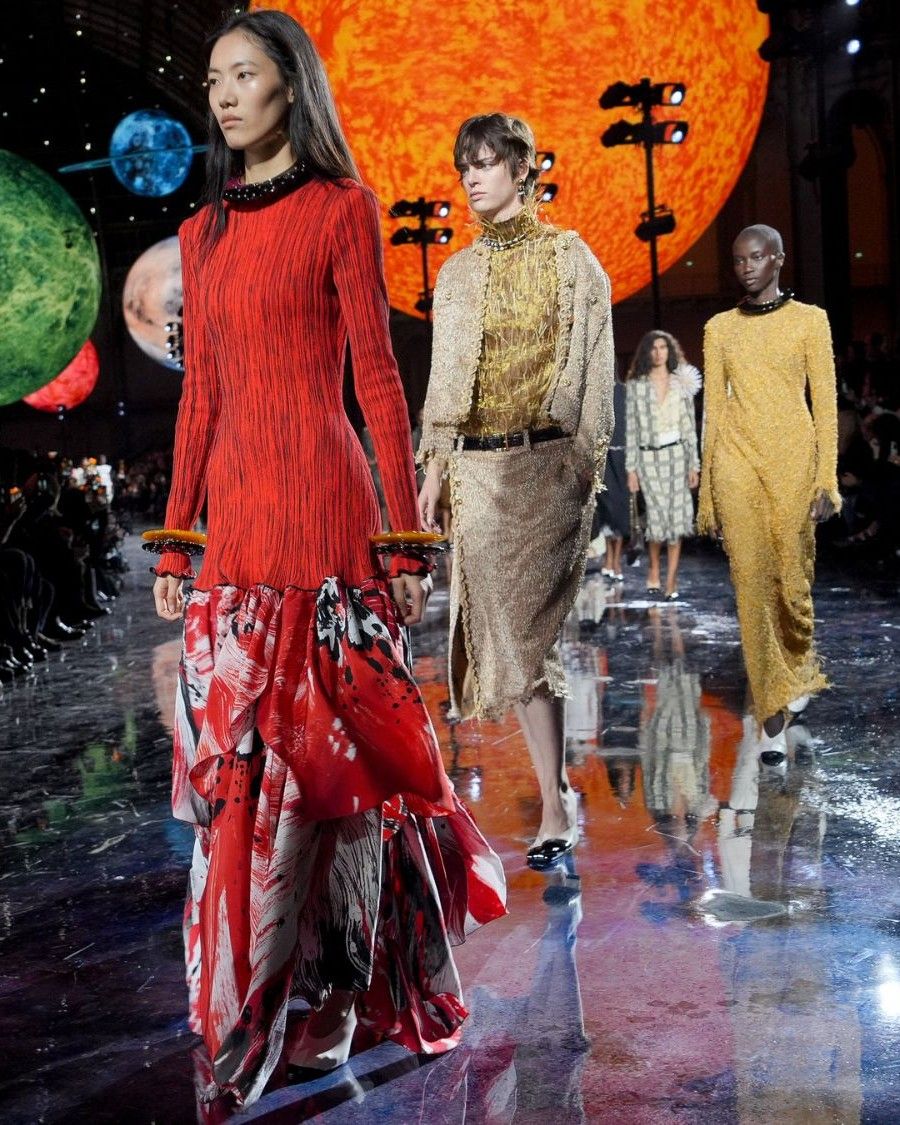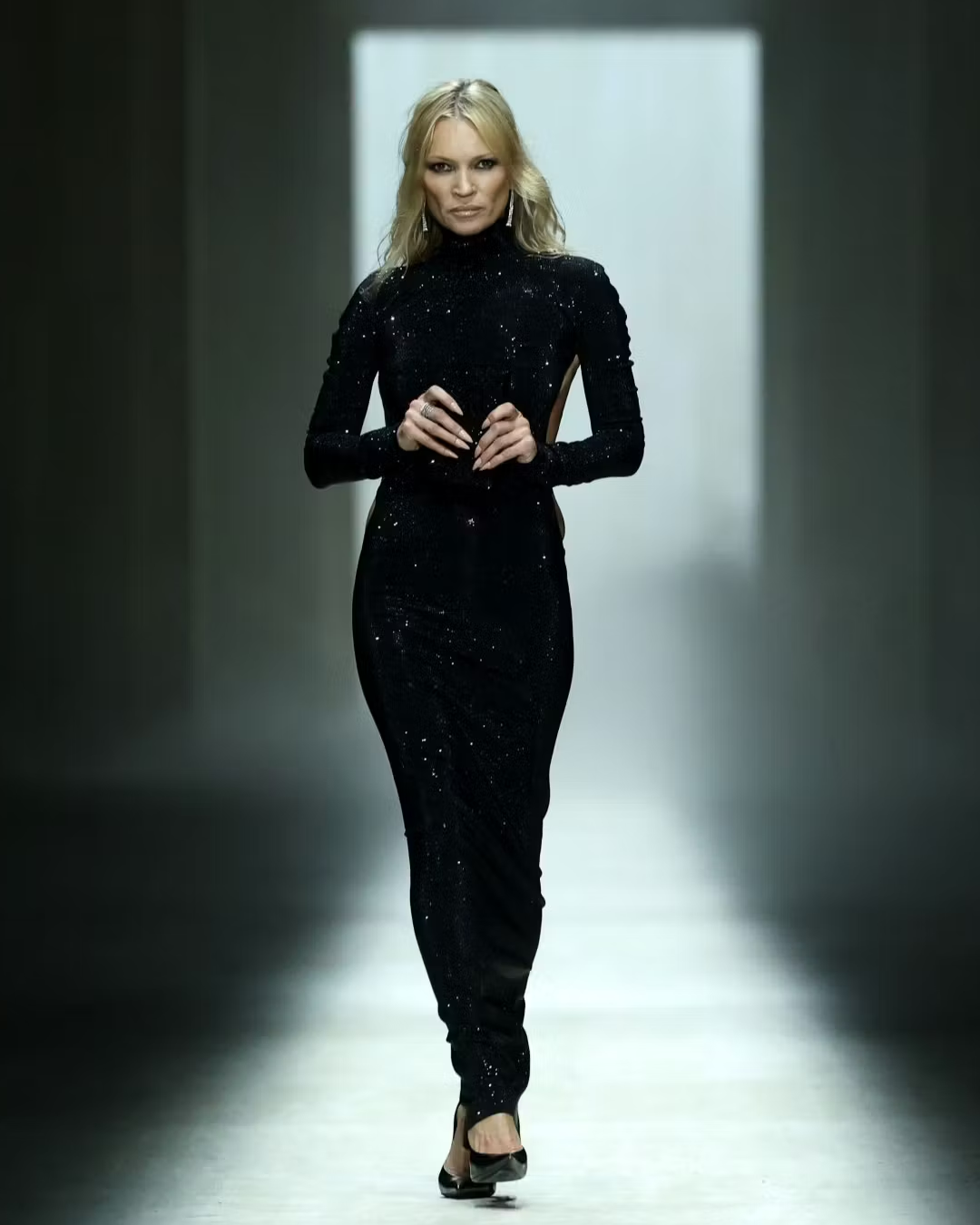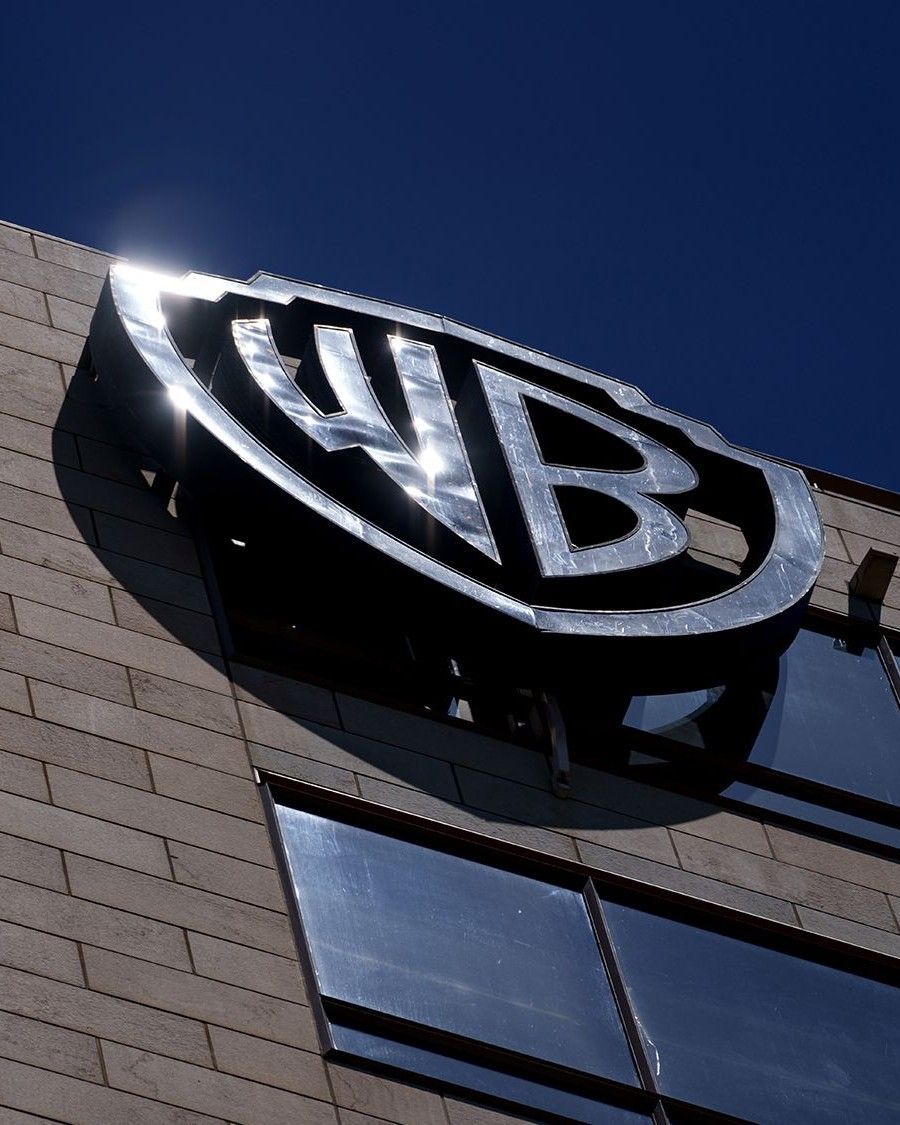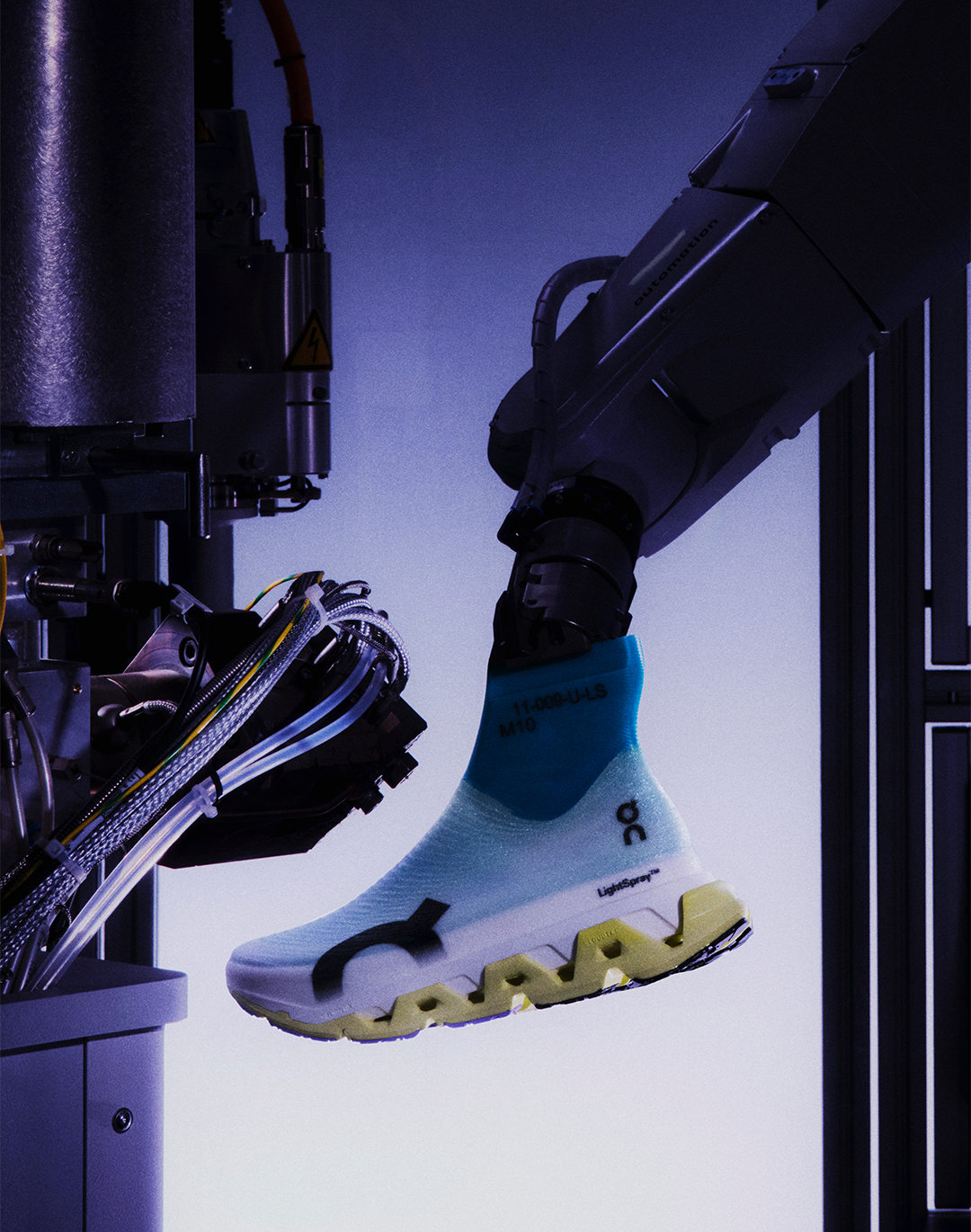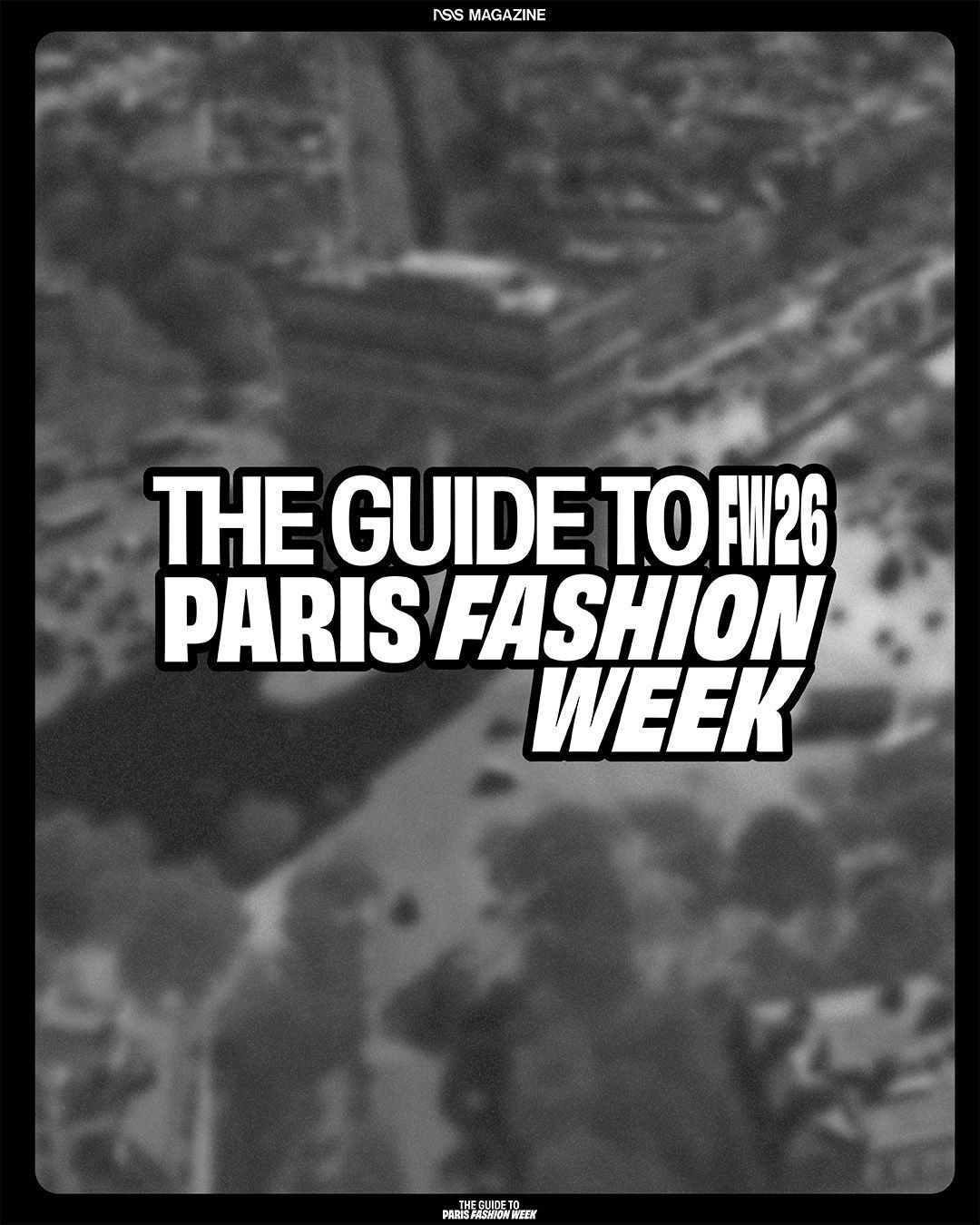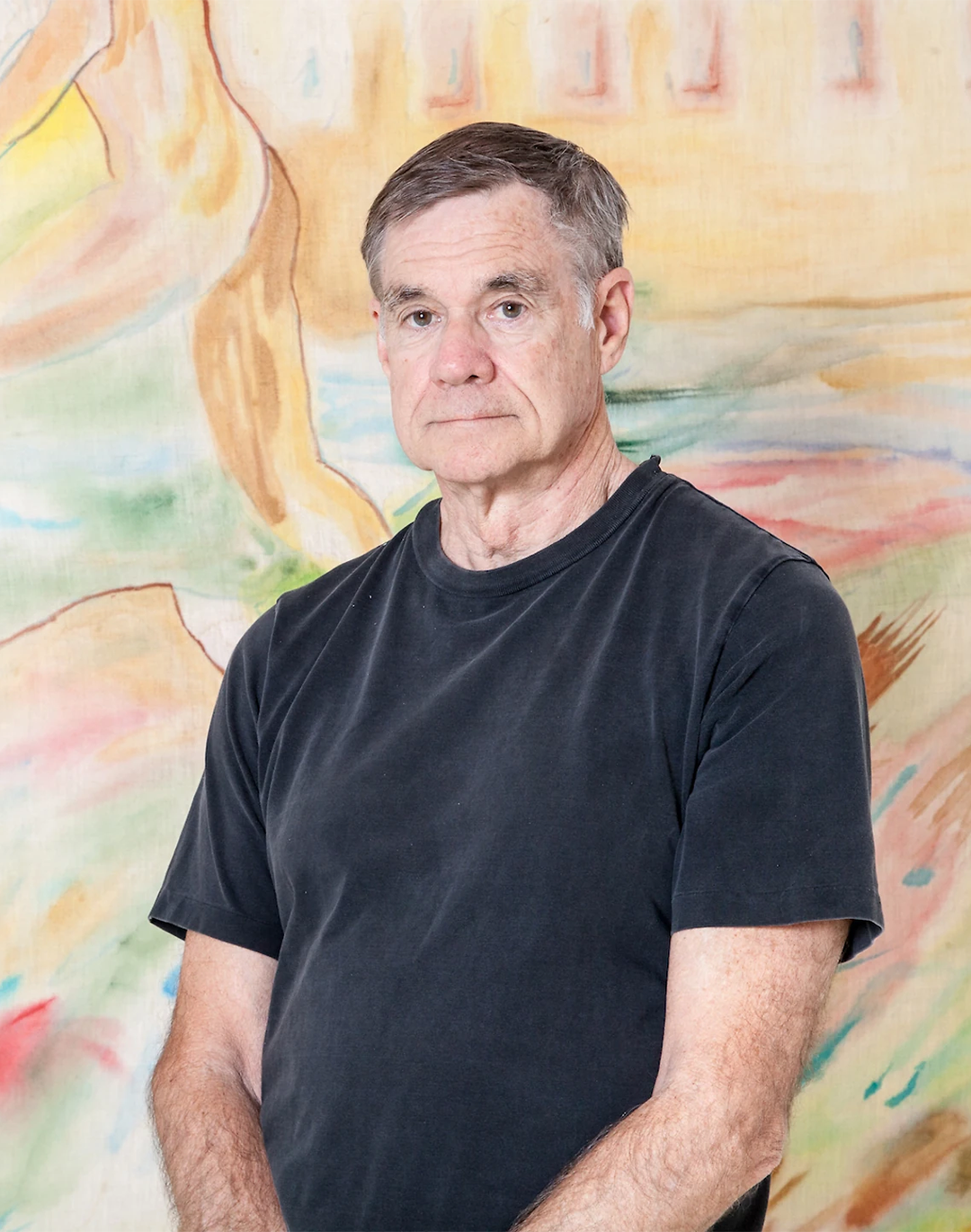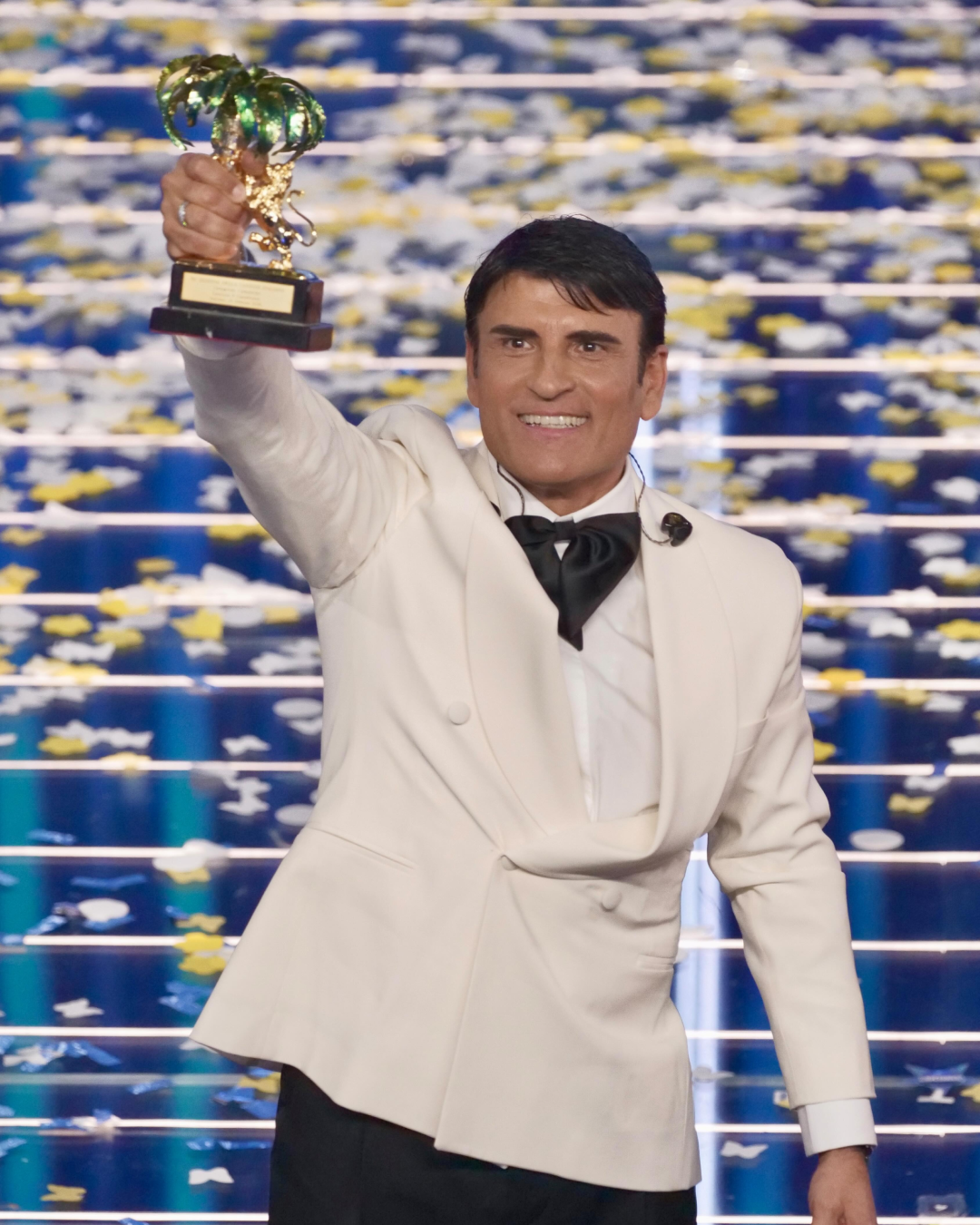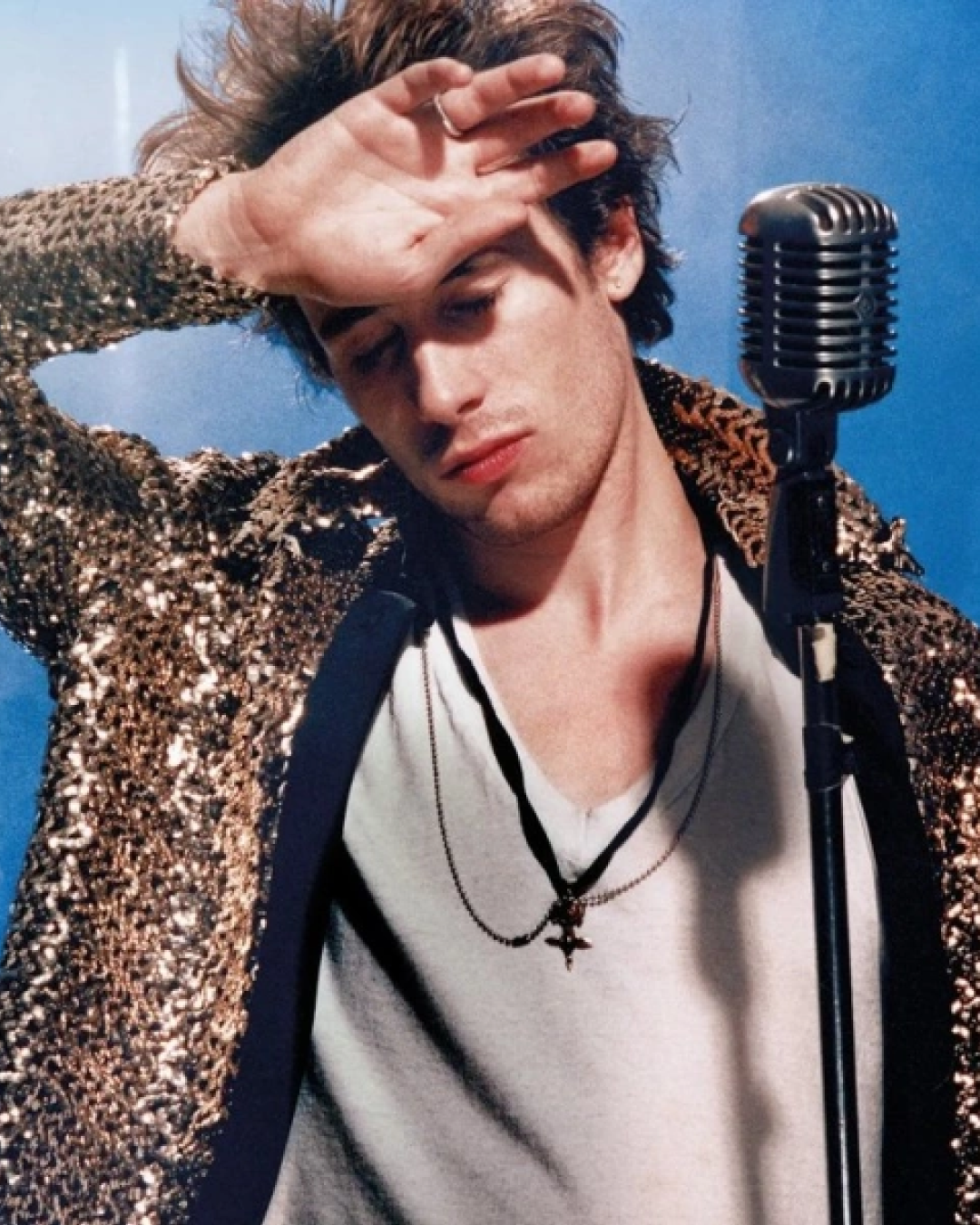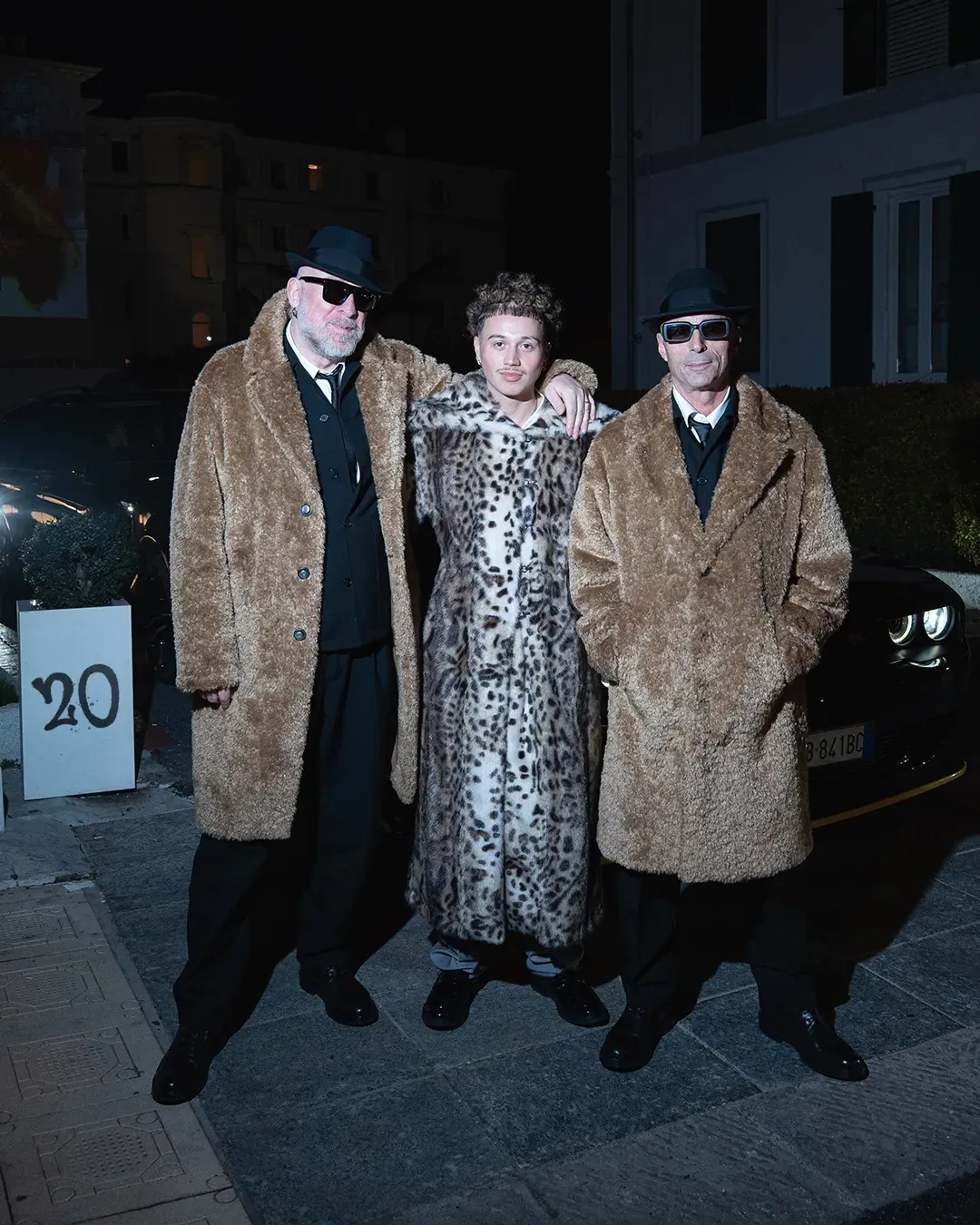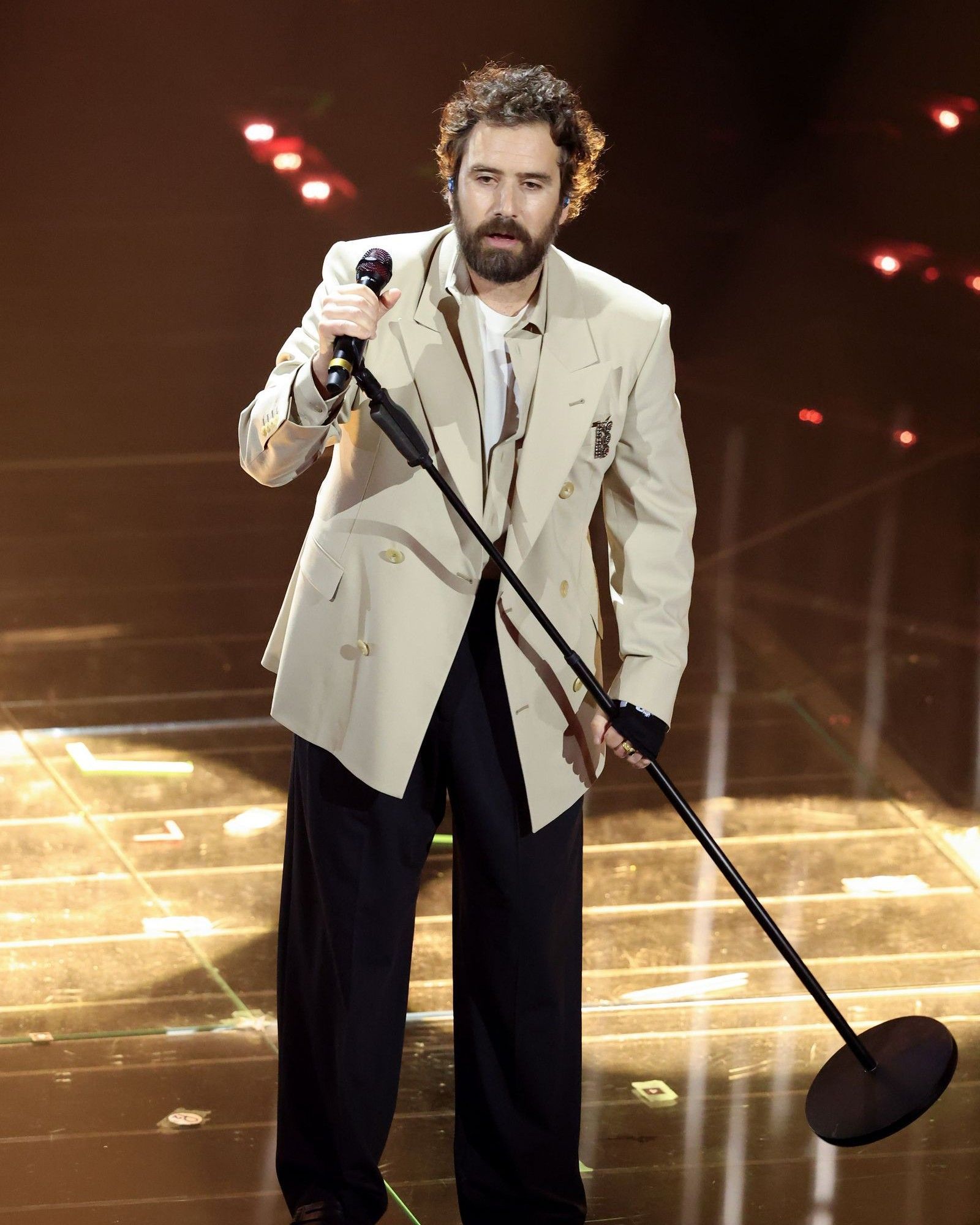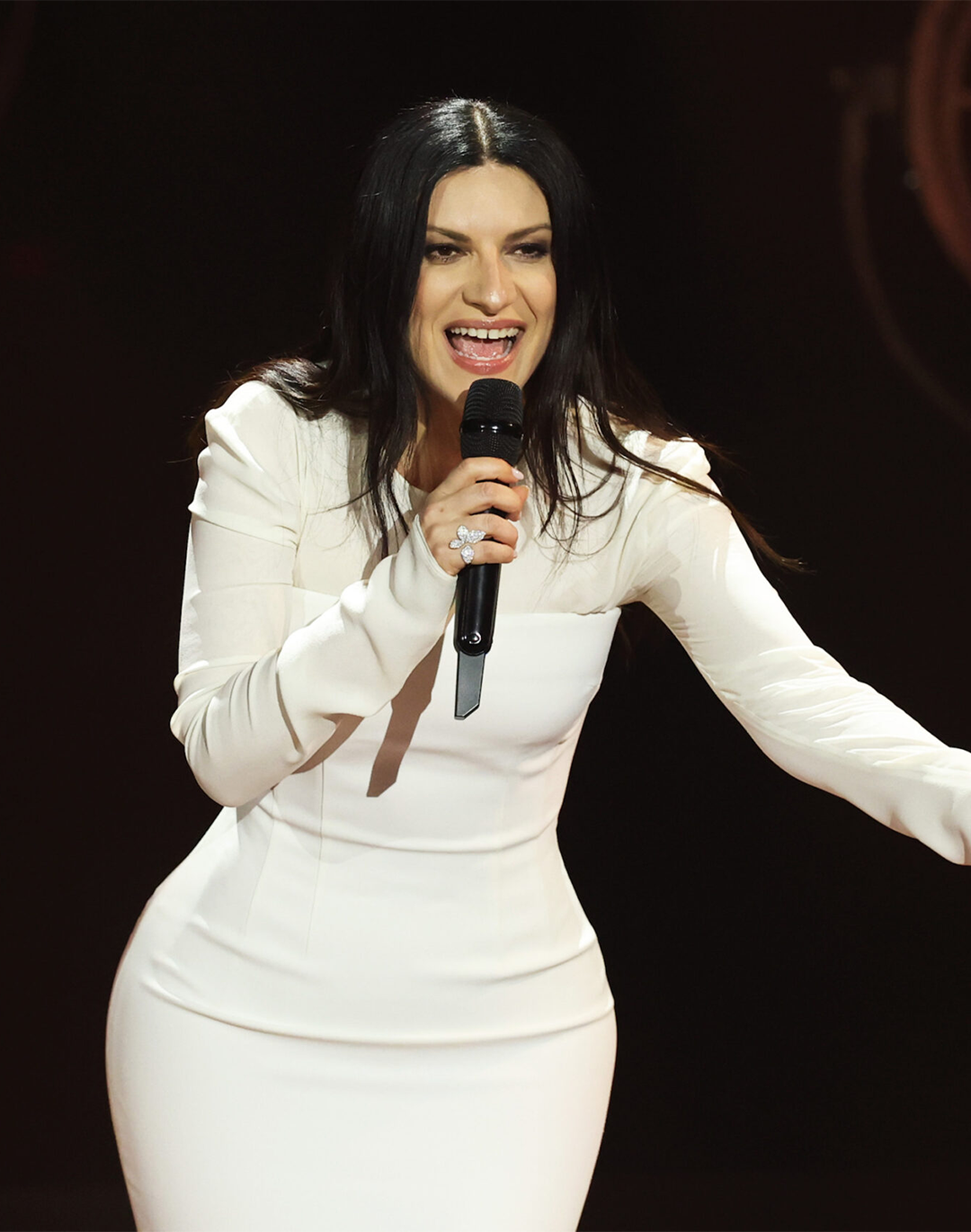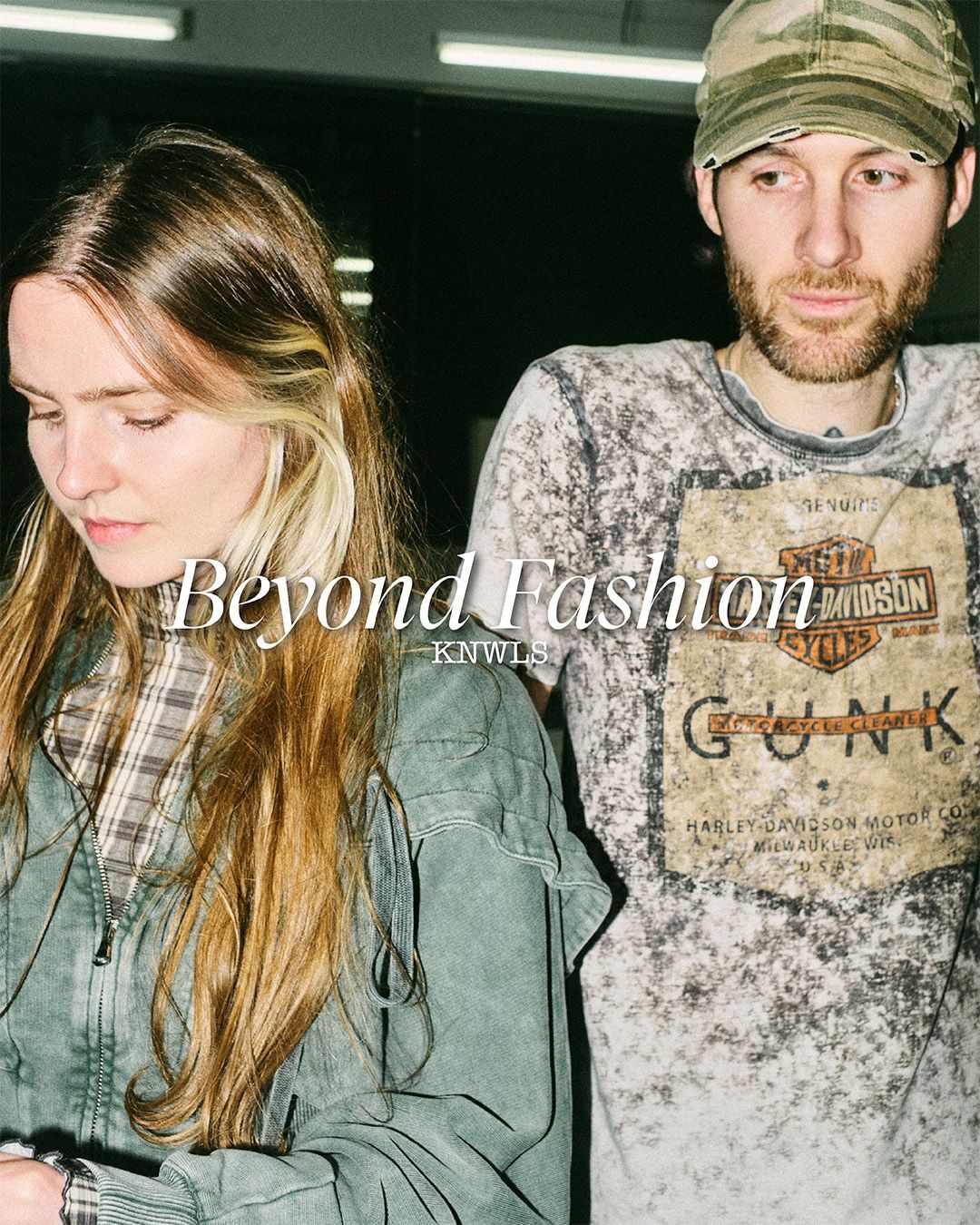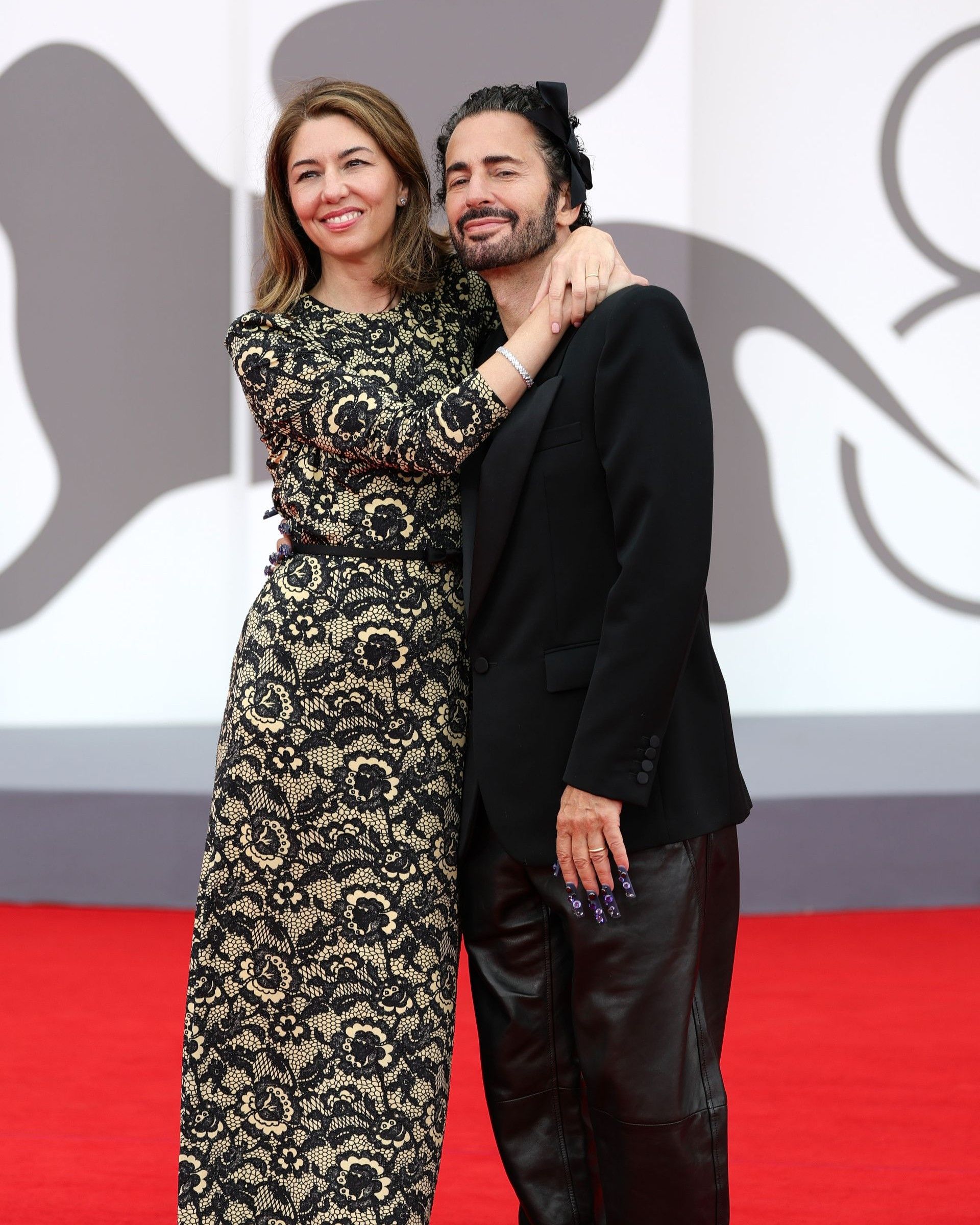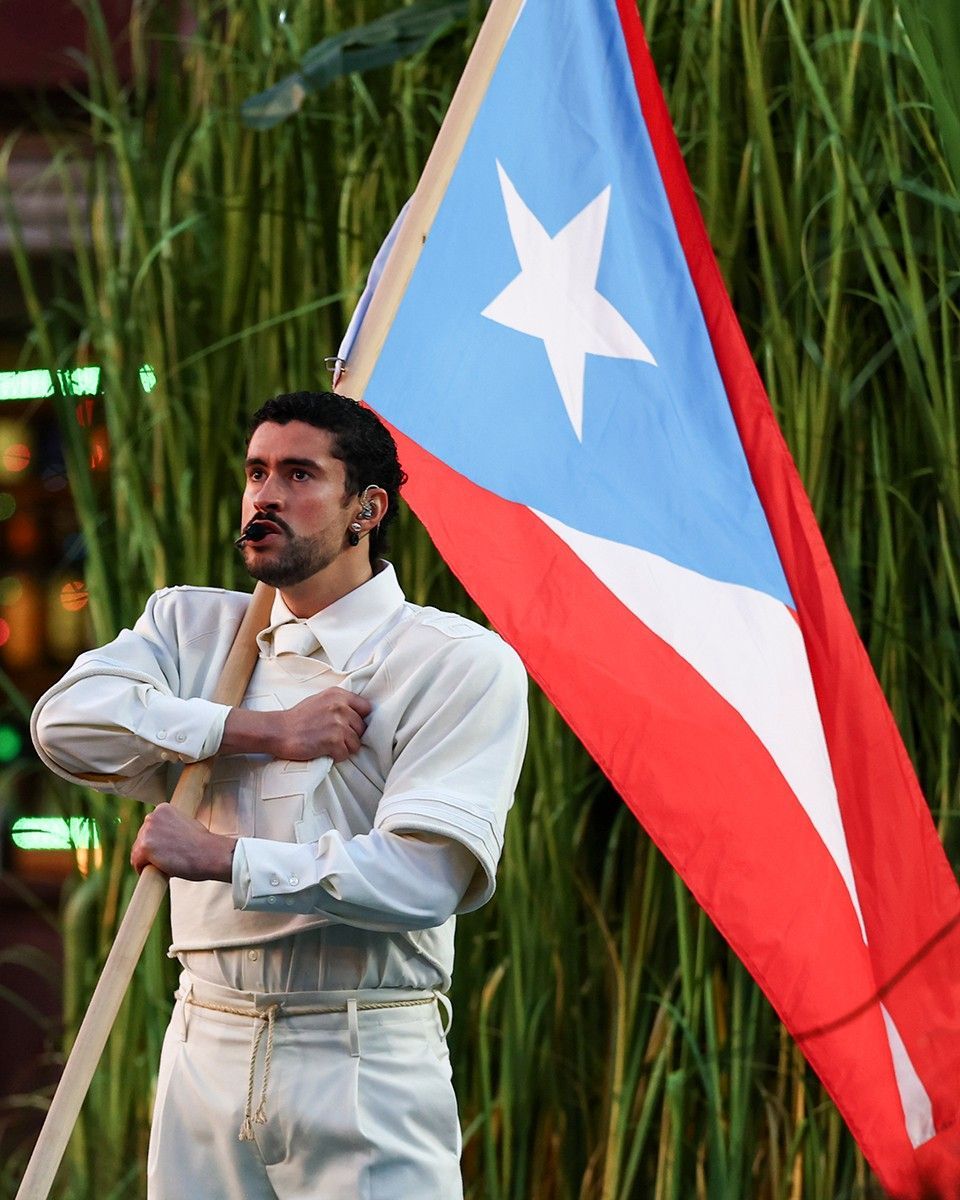
"The Order" is here to explain the return of Donald Trump Real events that laid the groundwork for what would happen with Capitol Hill
The Order, the new film by director Justin Kurzel, shows how the events of January 6, 2021, during the assault on the Capitol in Washington D.C., have deep-rooted origins. The work serves as a parenthesis in a narrative of recent history, helping to explain how idolized figures like Donald Trump—whose potential consequences of a new presidency in 2025 were hypothesized in Alex Garland's film Civil War—can lead fanatics and followers toward a supremacist drift under the senseless cry of “White power.” The film, starring Jude Law, Nicholas Hoult, and Tye Sheridan—premiering at the 81st Venice Film Festival and destined for Prime Video—revisits the real events of the mid-1980s, when the charismatic leader of a splinter group of Aryan Nations, Bob Mathews (Hoult), began implementing the six steps of the so-called children's book The Turner Diaries. This illustrated guide details how to start a racial revolution, attacking the economic, social, and civil foundations of democracies in the name of reclaiming a land that, according to supremacists, was stolen from them. The victims of their hatred are easily imaginable: Blacks, Jews, Mexicans (who, despite everything, still want to be part of the group), all enemies within a broader pattern of annihilation and conquest, fueled by armed robberies and terrorist acts using bombs and explosives.
@alistashley Actually the best Nicholas Hoult has ever looked, but also omg what a year he’s having #bookedandbusy #theorder #movierecommendation original sound - alistashley
For the adaptation of the non-fiction novel The Silent Brotherhood by Kevin Flynn and Gary Gerhardt, Kurzel relies on a script by Zach Baylin, whose latest screenplays have not particularly shined in the international landscape, despite his (questionable) Oscar nomination in 2022 for King Richard. With The Order, Baylin takes a bold step forward, leaving behind the commercial appeal of films like Gran Turismo, Bob Marley - One Love, and perhaps the most criticized of all, the remake of The Crow. However, in telling the story of Mathews and FBI agent Terry Husk (Law), he flattens it with archetypal narrative constructs reduced to their bare bones. If Bob Mathews serves as the model to examine how sacrifices for a cause always aim to exalt and glorify oneself in the eyes of others, then his counterpart, Husk, should represent the obsessive commitment of an agent so consumed by his work that it becomes his sole purpose. He is a man who should invest his entire existence in a profession whose traumas continue to haunt him, even after relocating to the peaks and streams of Idaho, waiting for the day his wife and two daughters can join him. However, the connection and necessary dichotomy between the two are weak, practically nonexistent, with the agent-criminal bond once again explained through the metaphor of prey and predator, encapsulated in the image of a deer. The brutal violence of white nationalism—a radical ethnocentric, racialist, and identity-based ideology—never truly erupts, remaining unexplored and barely problematized, only hinting at the inadequacy of its supporters, so inept and incapable of facing life that their only outlet is trying to extinguish the joy and freedom of others.
Jude Law talks moving from solely being a producer on Justin Kurtzel's THE ORDER to starring in it; writer Zach Braylin talks the balance between the factual elements of the film and narrative liberties; Jude talks playing an amalgam of real agents for his character.#TheOrder pic.twitter.com/V9lzRDBIyP
— Amanda Baller (@dawnyb) December 4, 2024
The narrative device that should ignite the story remains largely absent, a fire that dies before it even starts. Bob Mathews is left with a crippled and sparse profile, though Nicholas Hoult delivers a commendable transformation, focusing on presence and voice. Still, his portrayal remains elusive when attempting to depict Mathews for what he truly was: a man focused on his own interests, exploiting an entire mission to achieve them. Justin Kurzel's direction fails to sharpen the focus of The Order, making it unfold too smoothly, too seamlessly, leaving the audience awaiting a cinematic adaptation—surely forthcoming—of the recent events at Capitol Hill. And, given Trump’s new presidential term and his committee to save cinema, formed by Mel Gibson, Jon Voight, and Sylvester Stallone, there is a real risk they could be portrayed as heroes.



